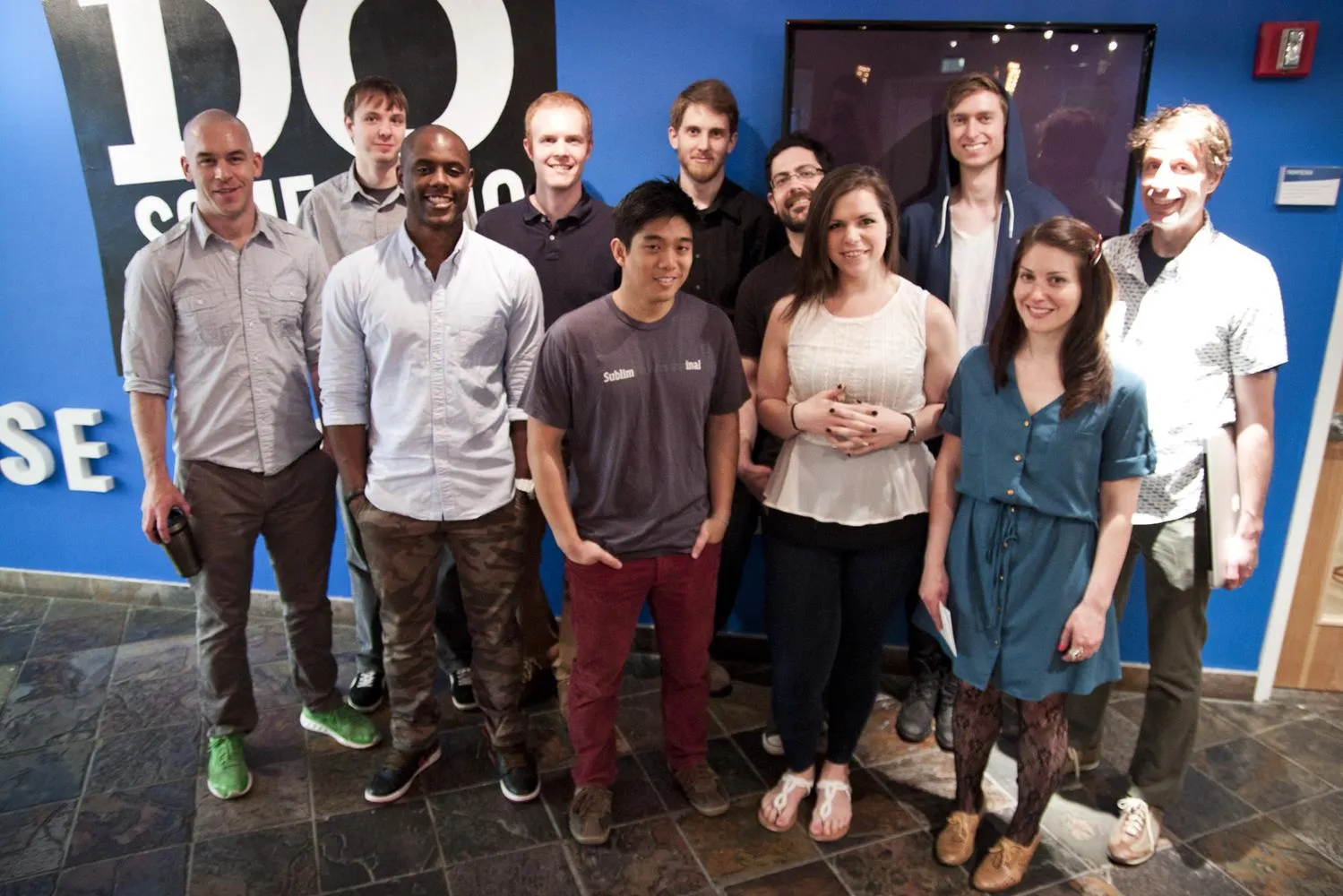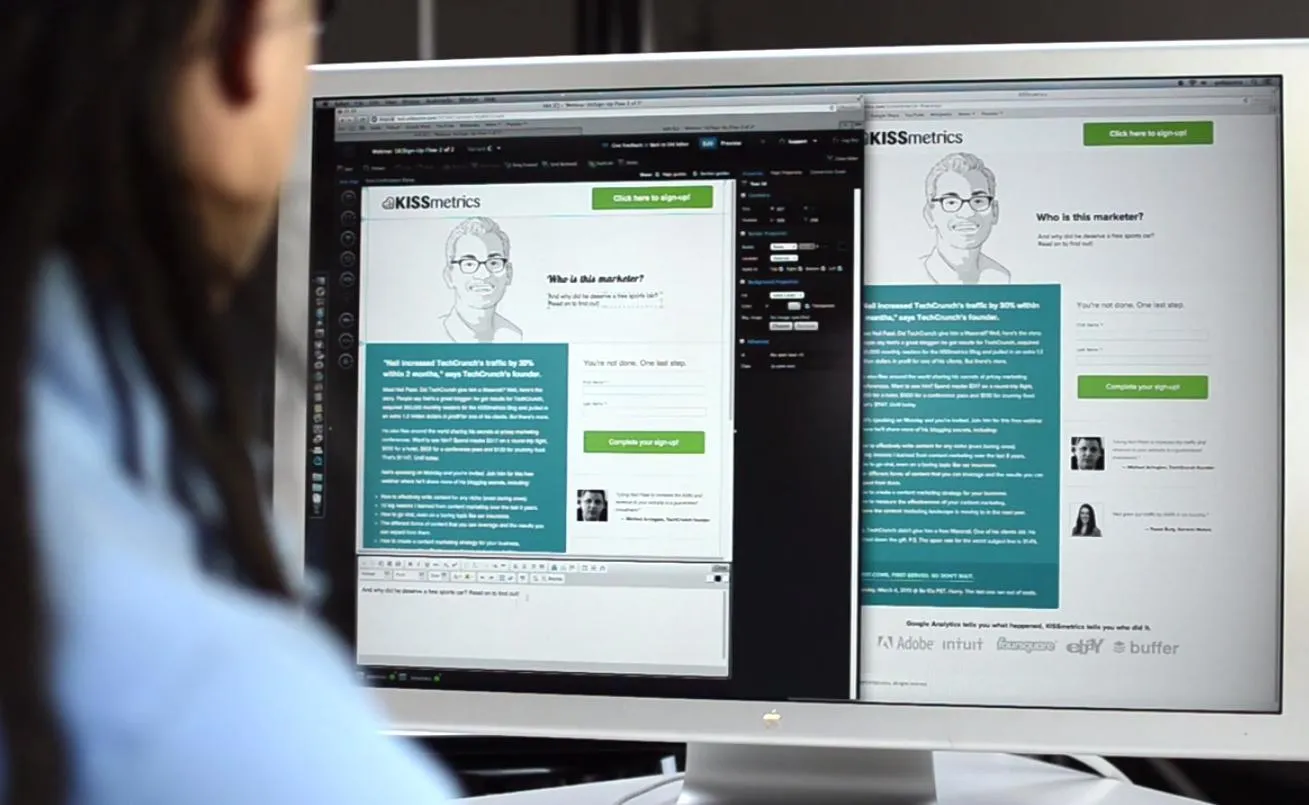The marketing landscape is continuously evolving, and businesses are increasingly turning to ''marketing automation'' as a strategic solution to enhance their operational efficiency and improve ''return on investment (ROI)''. This benchmark report delves into the ROI of marketing automation, highlighting key metrics, insights, and trends that businesses need to understand to make informed decisions.
Understanding Marketing Automation
''Marketing automation'' refers to the use of software platforms and technologies to streamline, automate, and measure marketing tasks and workflows. This includes everything from email marketing campaigns to social media management and lead generation. As organizations seek to optimize their marketing efforts, the adoption of marketing automation tools has surged, enabling more personalized and efficient marketing strategies.
The ROI of Marketing Automation
Measuring the ROI of marketing automation is critical for businesses to assess the effectiveness of their marketing strategies. A recent benchmark report reveals that businesses leveraging marketing automation experience a significant improvement in their ROI. Below is a summary of the key findings:
| Metric | Before Marketing Automation | After Marketing Automation |
|---|---|---|
| Lead Generation | 25% increase | 50% increase |
| Conversion Rates | 1.5% | 3.5% |
| Customer Acquisition Cost (CAC) | $200 | $120 |
| Customer Lifetime Value (CLV) | $700 | $1,200 |
As illustrated in the table, businesses that implemented ''marketing automation'' saw a remarkable improvement across various metrics. The ''increase in lead generation'' and ''conversion rates'' is particularly noteworthy, indicating that automated processes can significantly enhance the effectiveness of marketing efforts.
Key Benefits of Marketing Automation
The benchmark report also highlights several benefits that contribute to the positive ROI associated with marketing automation:
1. Streamlined Processes
By automating repetitive tasks such as email marketing, social media posting, and lead nurturing, businesses can free up valuable time for their marketing teams. This efficiency allows staff to focus on strategic initiatives, ultimately leading to improved performance and ROI.
2. Enhanced Personalization
Marketing automation enables businesses to tailor their messaging and campaigns to specific audience segments. This level of personalization increases engagement and conversion rates, driving higher ROI. According to the report, companies that personalize their marketing efforts see a 20% increase in sales opportunities.
3. Improved Analytics and Reporting
Marketing automation tools come equipped with robust analytics capabilities that provide businesses with insights into their marketing performance. By tracking key metrics such as open rates, click-through rates, and conversion rates, organizations can make data-driven decisions to optimize their marketing strategies. The report found that businesses utilizing automation tools experienced a 25% improvement in the accuracy of their marketing forecasts.
4. Better Lead Management
Effective lead management is crucial for maximizing ROI. Marketing automation systems help businesses capture, score, and nurture leads throughout the buyer's journey. This structured approach leads to higher conversion rates, as leads are followed up in a timely and relevant manner. The benchmark report indicates that companies using lead scoring saw a 30% increase in qualified leads.
5. Cost Savings
While investing in marketing automation tools may seem daunting, the long-term cost savings can be substantial. By reducing the need for additional staff and minimizing wasted resources, businesses can achieve a lower Customer Acquisition Cost (CAC). The report shows that companies that adopted ''marketing automation'' reduced their CAC by an average of 40%.
Challenges to Consider
Despite the many advantages of ''marketing automation'', businesses must also be aware of potential challenges. These include the initial investment in technology, the need for ongoing training, and the importance of integrating automation with existing processes. Organizations need to ensure they have the necessary resources and expertise to maximize the benefits of their automation efforts.
Conclusion
The benchmark report clearly demonstrates that marketing automation can significantly enhance the ROI of marketing initiatives. By streamlining processes, improving personalization, and providing valuable insights, businesses can leverage marketing automation to drive growth and efficiency. As the marketing landscape continues to evolve, investing in the right ''marketing automation'' tools will be essential for organizations looking to stay competitive and maximize their ROI.
For those considering implementing ''marketing automation'', it is crucial to choose the right platform and approach to ensure alignment with business goals. By understanding the potential ROI and benefits, organizations can make informed decisions that lead to sustainable success.





